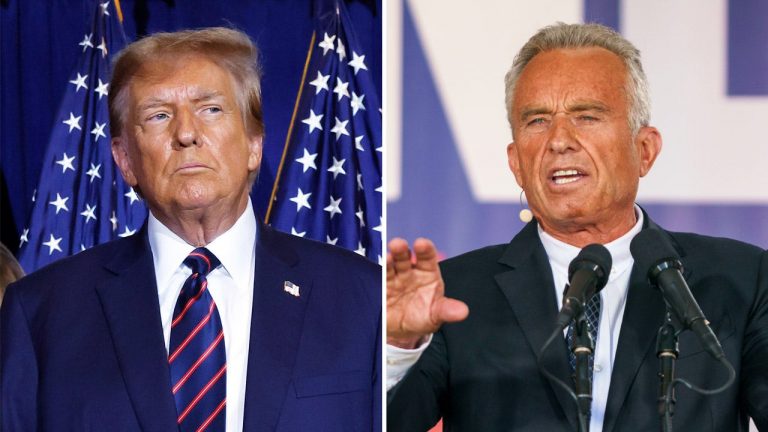Senate votes against Democrat-supported IVF bill
The Senate recently voted on a Democrat-backed bill aimed at expanding access to and providing a “nationwide right” to in vitro fertilization (IVF) services. However, the bill failed to secure enough votes to move forward, with the Senate voting 48 to 47, falling short of the necessary 60 votes. This outcome was largely expected, as Republicans had indicated their intention to block the legislation, citing concerns that the bill was too broad and tied to the Democrats’ efforts to increase access to abortion and reproductive rights in the lead-up to the 2024 election.
Notably, Republican Senators Lisa Murkowski of Alaska and Susan Collins of Maine were the only two GOP lawmakers to vote in favor of the bill, highlighting the bipartisan divide on this issue.
This Senate vote came in the wake of a significant ruling by the Alabama Supreme Court, which declared that frozen embryos are legally considered people and that those who destroy them could be held liable. Following the court’s decision, Alabama Governor Kay Ivey signed legislation into law in March aimed at protecting medical professionals from civil and criminal liability in cases of unintentional death or damage to an embryo.
Senate Majority Leader Chuck Schumer, a Democrat from New York, passionately advocated for the bill, emphasizing the importance of protecting IVF access for millions of Americans. He spoke from personal experience, sharing that his own family had been touched by the miracle of IVF, underscoring the significance of this issue for many families across the nation.
Despite his support, Schumer changed his vote from yes to no, a strategic move that would allow him to bring up the bill for reconsideration in the future. The legislation was spearheaded by Democratic Senators Tammy Duckworth of Illinois and Cory Booker of New Jersey and aimed to establish a statutory right to access reproductive services like IVF while lowering costs for treatments.
However, Republican Senators Ted Cruz and Katie Britt criticized the bill, labeling it as a “scare tactic” employed by Democrats. They argued that IVF services are already legal and available in every state and voiced their support for continuing nationwide access to these treatments. In response, they proposed their own version of the bill, which sought to prevent states from receiving Medicaid funding if they banned IVF treatments.
The debate over the IVF bill underscored wider ideological differences within Congress, with pro-life groups like Susan B. Anthony Pro-Life America strongly opposing the legislation. They criticized the bill for its broad language, combining what they described as “extreme measures” that could have far-reaching implications for the fertility industry.
In a statement, Marjorie Dannenfelser, President of Susan B. Anthony Pro-Life America, raised concerns about the bill’s potential impact, warning that it could lead to genetic testing of embryos, selective reduction abortions, and even treatments involving human cloning. She argued that the legislation favored the interests of the fertility industry over the well-being of parents and their embryos, calling it a “free-for-all” that would funnel more money into a billion-dollar business at taxpayers’ expense.
The failure of the IVF bill in the Senate reflects the ongoing divisions surrounding reproductive rights and access to fertility treatments in the United States. As lawmakers grapple with these complex issues, the future of IVF legislation remains uncertain, offering a glimpse into the broader ideological battles shaping the political landscape.








